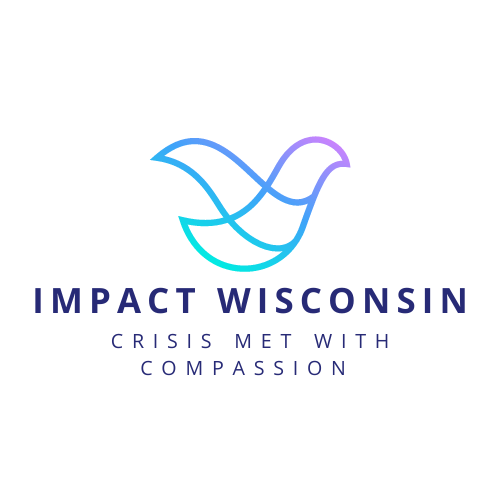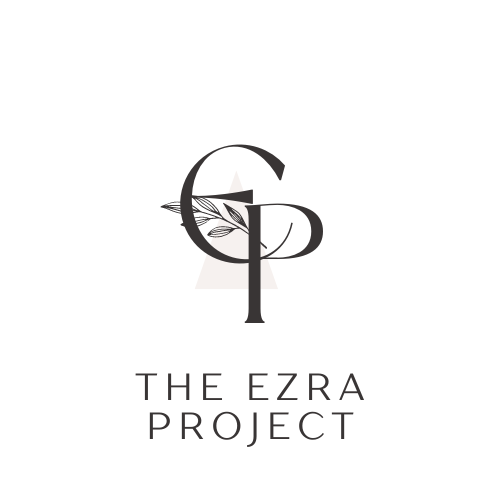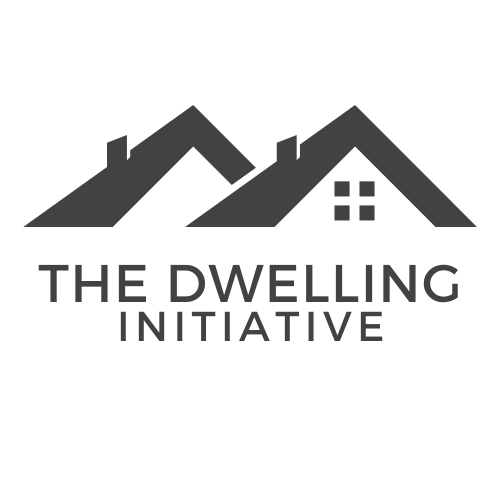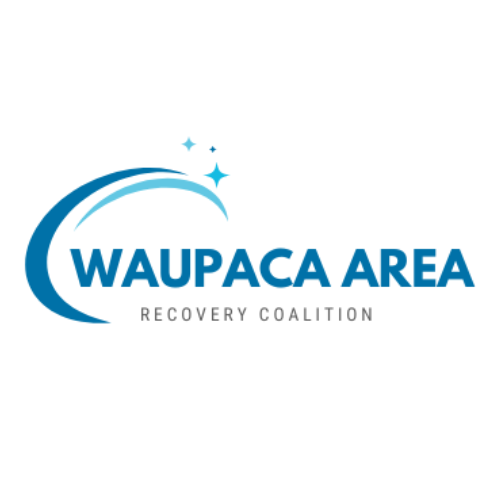
Services Provided
Community Assessment
The Community Resiliency Initiative strongly emphasizes the importance of conducting detailed community assessments to understand the most pressing needs surrounding mental health and substance use disorders (MH/SUD).
By conducting thorough community assessments, your community can gain valuable insights into their MH/SUD challenges and work collaboratively to develop effective solutions that address the biggest felt needs. This data-driven approach can ultimately lead to a healthier and more resilient future for all Wisconsin residents.
Partnering with out clinical providers adds invaluable depth and credibility to community assessments of MH/SUD needs. Their expertise, insights, and relationships within the healthcare system play a crucial role in ensuring the assessment is accurate, relevant, and ultimately leads to effective solutions that address the community’s biggest felt needs.
Why are these assessments crucial?
-
Data-driven decision making: A comprehensive assessment provides a clear picture of the community’s landscape including:
- Prevalence of MH/SUD issues
- Existing services and resources
- Gaps in service availability and accessibility
- Specific demographics most affected
- Stigma and cultural barriers to care
- Prioritizing resource allocation: By understanding the biggest felt needs, the CRI and local stakeholders can effectively allocate limited resources to address the most critical issues. This ensures resources are used efficiently and have the greatest impact.
- Tailoring interventions: A community-specific assessment allows for the development of targeted interventions and programs that address the unique needs of the population. This personalized approach can lead to more effective outcomes in improving mental health and well-being.
- Empowering communities: The assessment process itself encourages community ownership. Residents have a voice in identifying their needs and priorities, fostering a sense of collaboration and shared responsibility for creating positive change.
Are you ready to find out?
We are here and ready to learn with you. We understand that you have a better understanding of the felt needs in your own community. The Resiliency Initiative specializes in working with communities to get at “the thing behind the thing” in order to help communities flourish. Let’s do this together!
Set up your free Community Resiliency Inititiave Consultation
More on the conversation…
Phase 1: Leveraging CRI’s Diverse Expertise
Trauma-informed lens: Building on CRI’s core principle of trauma-informed practices, these conversations will likely delve deeper than just symptoms. Understanding the underlying trauma contributing to MH/SUD challenges will inform solutions that address root causes alongside symptom management.
Clinical expertise and peer support: The combination of clinical knowledge and lived experience offered by CRI staff positions them uniquely to facilitate conversations. Clinicians can provide evidence-based insights on effective interventions, while peer support specialists can offer relatable perspectives and understanding of community needs.
Holistic approach: By incorporating expertise in recovery residences and resilience building, CRI can guide conversations towards solutions that address immediate needs (housing) as well as long-term well-being and community support networks.
Strategy Conversations
Critically, CRI’s “strategy conversations” are designed to be iterative and ongoing. This allows for continual refinement of solutions based on community input, emerging needs, and real-time feedback. This iterative approach ensures that the final solutions are not only tailored to the specific context of the community but also adaptable to their evolving needs over time.
By strategically combining their diverse expertise in trauma-informed practices, clinical knowledge, peer support, resilience building, and community engagement, CRI is well-positioned to facilitate these “strategy conversations” effectively and generate tailored solutions that truly address the biggest felt needs of the community.
These are by far the most rewarding conversations. While our expertise is often spent on discovery, we love talking about how we can partner with communities to build resilience!
Phase 2: Tailoring Solutions through Iterative Strategy Conversations:
Community-driven dialogues: CRI’s emphasis on community engagement shines through in their “strategy conversations.” Residents will be empowered to share their experiences, concerns, and hopes for solutions in safe and facilitated discussions.
Small group brainstorming: By breaking down conversations into smaller, focused groups, CRI can ensure in-depth exploration of specific needs identified in the assessment. This allows for nuanced understanding of particular challenges and the development of targeted solutions that resonate with specific demographics or community subgroups.
Creative problem-solving: CRI encourages out-of-the-box thinking, and their strategy conversations are likely to incorporate creative brainstorming techniques. This helps generate innovative solutions that address complex challenges, particularly when existing resources are limited or traditional approaches haven’t proven effective.
Take the next steps and schedule a meeting with us.
Now that we’ve had the talk, what’s next?
After you have helped us to understand your community better, and we can see more clearely the work that needs to be done, we can move on to the design and development phase of building a robust and healthy resiliency ecosystem.
Design and Development
The Community Resiliency Initiative (CRI) can leverage its unique strengths and “strategy conversations” to effectively engage with the community and develop tailored programs and services for mental health and substance use disorder (MH/SUD) needs. Here’s how we can accomplish this.
CRI’s role is to empower the community and equip local leaders with the tools and resources they need to drive program development and implementation. By fostering collaboration, prioritizing needs, and ensuring cultural relevance, CRI can help co-create effective programs and services that address the specific MH/SUD challenges faced by your community.
Remember, the specific actions and programs will depend on the unique context and needs of the community, as well as CRI’s available resources and partnerships. However, the principles of community engagement, co-creation, and tailored solutions remain central to our approach.
What do we do now?
Phase 1: Building Trust and Identifying Local Leaders.
Community outreach and engagement: CRI can organize community events, workshops, and town hall listening sessions to actively engage residents in discussions about MH/SUD needs and potential solutions. This outreach helps build trust and identify individuals passionate about making a difference.
Stakeholder mapping: CRI can map out key stakeholders in the community, including residents, community organizations, faith-based groups, healthcare providers, and policymakers. This map assists in identifying potential local leaders who represent diverse perspectives and can champion various aspects of program development.
Leadership development programs: CRI will offer training programs and cultural development opportunities to equip local leaders with the skills and knowledge needed to effectively advocate for their community’s needs and participate in program design.
Everything we do is done “culture up” and we do it from and through our core values. This is how we continue the work in a long term sustainable way.
Possible Program and Service Examples:
Clinical Treatment Services such as outpatient treatment and IOP groups: By incorporating clinical expertise throughout the process, CRI can ensure their program and service development reflects evidence-based best practices for SUD treatment while remaining responsive to the specific needs and cultural context of the community. This comprehensive approach holds the potential to significantly improve the outcomes and well-being of individuals struggling with SUD within the community.
Trauma-informed peer support groups: Led by trained individuals with lived experience, these groups offer safe spaces for mutual support, connection, and skill-building for those struggling with MH/SUD.
Culturally specific outreach and education programs: Tailored to specific cultural backgrounds and languages, these programs can raise awareness about MH/SUD issues, reduce stigma, and promote help-seeking behaviors. School-based prevention and early intervention programs: Integrating trauma-informed practices and mental health education into school curriculum can equip young people with coping mechanisms and prevent MH/SUD issues from developing.
Recovery residencies with integrated peer support services: Offering safe housing alongside of recovery support, job training, life skills workshops, and budgeting can provide holistic support for individuals on their road to recovery.
Advocacy and policy change initiatives: Local leaders can partner with CRI to advocate for systemic changes that improve access to care, increase funding for MH/SUD programs, and address policy barriers that hinder community well-being.
Now it’s time to get to work!
By using the data and stratagies above, we can now start to work on setting up a service matrix and develop contracting stratagies to bein the work that will help build resiliency and provide programs and services that are both powerfull and long term sustainable.
Let’s get started and implement these services today!
It’s all about partnerships…
Contracting Strategies:
Value-Based Models: CRI can prioritize value-based contracting models that incentivize providers based on quality outcomes and patient satisfaction, not just service volume. This ensures services are delivered efficiently and effectively, leading to faster improvement and quicker discharge from programs, freeing up capacity for new clients.
Reduced Administrative Burden: Standardized contracting terms and streamlined processes within the ecosystem can significantly reduce administrative burdens for providers. This frees up their time and resources to focus on direct service delivery, ultimately benefiting clients by minimizing delays and improving access.
Community and Consumer Focus: By ensuring contracts are not only community-driven but also end consumer-driven, CRI prioritizes responsiveness to evolving needs and concerns. This adaptability allows for quick adjustments to service delivery models and resource allocation, ensuring services remain relevant and accessible to meet community demands.
The CRI can help as much or as little as the community needs. We offer a full spectrum of services from a basic strategy conversation, all the way to completely managed programs and services.
Service Matrix & Strategic Contracting
The CRI can leverage its shared services matrix and contracting strategies to ensure quick and sustainable service delivery in several ways through a shared service matrix.
Transparency and Visibility: The matrix acts as a central platform, providing complete visibility of available services, their providers, and costs. This transparency allows local leadership and community stakeholders to easily identify potential collaborators and optimize service utilization, reducing delays and streamlining access.
Resource Optimization: By identifying areas for shared services like staffing, supply chains, or educational resources, the matrix promotes economies of scale. This reduces redundancy and costs, freeing up resources to fund additional services or expand existing ones, ultimately leading to faster service delivery.
Collaborative Planning: The matrix facilitates collaboration between service providers, promoting joint planning and resource allocation. This proactive approach allows for anticipating needs and proactively addressing them, preventing waitlists and delays in service delivery.
Additional Considerations:
Data-Driven Decision Making: Utilizing data analytics to monitor service utilization, track outcomes, and identify areas for improvement can further refine the shared services matrix and contracting strategies over time. This continuous optimization ensures the ecosystem remains efficient and responsive to changing needs, promoting quick and sustainable service delivery.
Investing in Technology: Implementing a user-friendly technology platform to access the shared services matrix and streamline contracting processes can significantly improve accessibility and efficiency. This facilitates quick communication and collaboration, further speeding up service delivery.
By effectively combining the shared services matrix and contracting strategies, CRI can create a dynamic and adaptable ecosystem that prioritizes quick and sustainable service delivery. This not only benefits community members by ensuring rapid access to necessary services but also maximizes resource utilization and ensures the long-term viability of the ecosystem.
Remember, the specific effectiveness of these strategies will depend on the context and specific needs of the community. However, CRI’s focus on collaboration, transparency, and data-driven decision-making provides a strong foundation for building a responsive and efficient service delivery system.
Set up your free Community Resiliency Inititiave Consultation
Building Healthy and Resilient Communities
Area Served
Rural Central Wisconsin and Surrounding Communities
Crisis Line
715-390-0726
Crisis Line Hours
24/ 7 / 365





